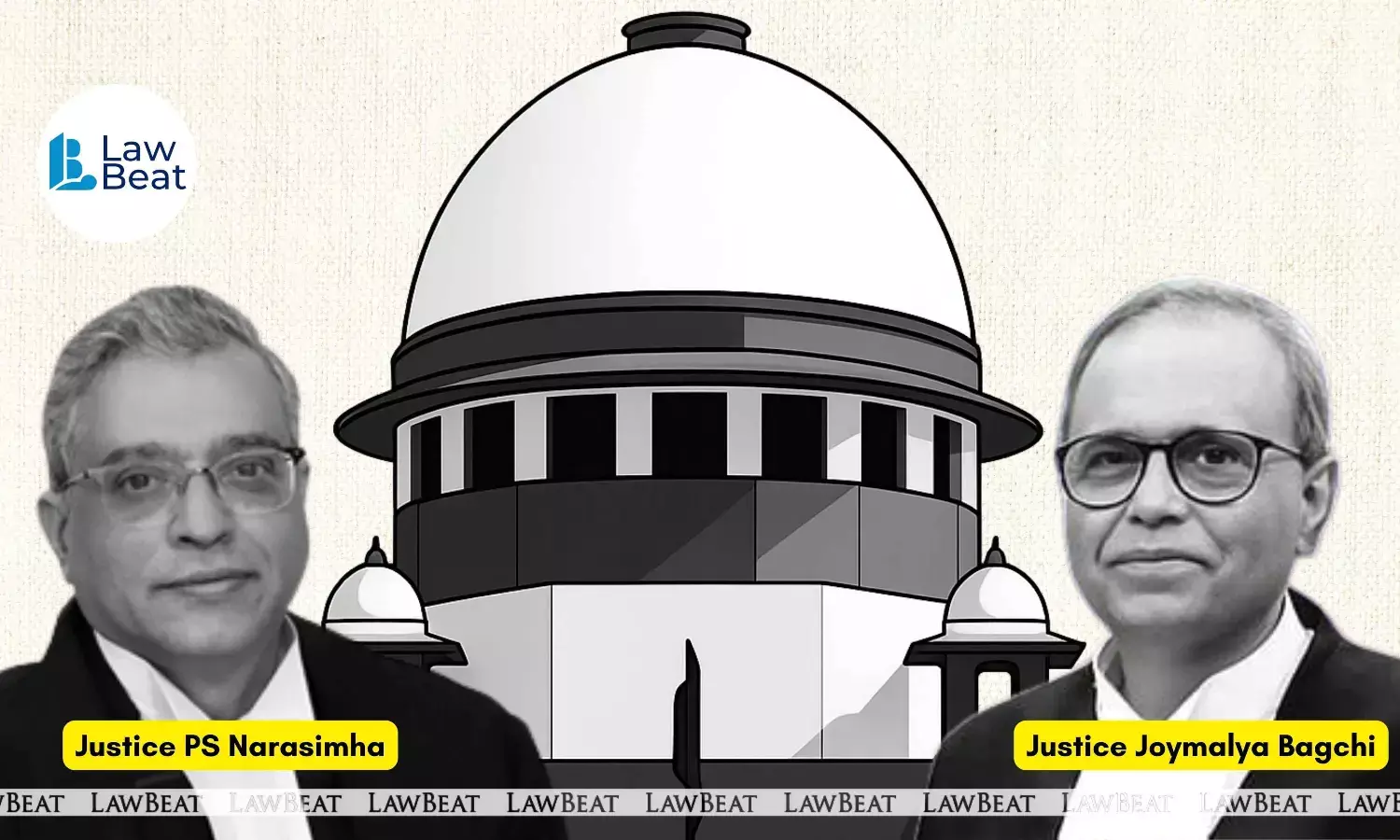Supervisory Power Under Art. 227 Not a Substitute for Statutory Remedy: SC

The Supreme Court recently clarified that the supervisory power conferred by Article 227 of the Constitution cannot be exercised to usurp the original jurisdiction of courts nor can it be invoked as a substitute for statutory remedies available under the Civil Procedure Code, 1908.
A bench comprising Justices P.S. Narasimha and Joymalya Bagchi emphasized that the appellate remedy under Section 96 of the Civil Procedure Code acts as an almost complete bar to the invocation of supervisory jurisdiction under Article 227.
"Power of the High Court under Article 227 is supervisory and is exercised to ensure courts and tribunals under its supervision act within the limits of their jurisdiction conferred by law. This power is to be sparingly exercised in cases where errors are apparent on the face of record, occasioning grave injustice by the court or tribunal assuming jurisdiction which it does not have, failing to exercise jurisdiction which it does have, or exercising its jurisdiction in a perverse manner," the bench said.
The Court further observed that the Civil Procedure Code is a comprehensive, self-contained statute. Order VII Rule 11 of the Code specifically outlines the grounds on which a trial court may reject a plaint.
Such rejection constitutes a deemed decree and is therefore appealable before the High Court under Section 96 of the Code. The statutory framework thus established cannot be circumvented by invoking the High Court’s supervisory jurisdiction under Article 227 to seek rejection of a plaint, the Court added.
The bench thus set aside the High Court’s judgment dated July 11, 2024 and allowed the appeal filed by K. Valarmathi and others.
Brief Background
Appellants were the legal heirs i.e. wife and daughters of one Kathiresan (since deceased). Kathiresan purchased the nanja suit land from his own funds in the name of the respondent i.e. his nephew.
During his lifetime, Kathiresan was in possession of the suit land and thereafter appellants claim to be in possession of the said land.
After the death of Kathiresan, disputes broke out between the appellants on one hand and sisters of Kathiresan on the other, in respect of ownership of the suit land and other businesses. The respondent, who was the son of one of the sisters of late Kathiresan, initiated negotiations for sale of the suit land. This prompted the appellants to file a suit seeking a declaration regarding title and consequential injunction against the respondent from encumbering the suit land. The respondent took out petitions under Article 227 before the High Court for rejection of plaint in both the suits.
The High Court by the impugned order, inter alia, rejected the plaint in the present suit, holding the suit is barred by law i.e. Prohibition of Benami Property Transactions Act, 1988. With regard to the other suit the High Court was of the view the suit was not barred under the Benami Act and declined the relief.
"Procedural law provides the necessary legal infrastructure on which edifice of rule of law is built. Short-circuiting of procedure to reach hasty outcomes is an undesirable propensity of an overburdened judiciary. Such impulses rendering procedural safeguards and substantive rights otiose, subvert certainty and consistency in law and need to be discouraged," the Court conclusively held.
Case Title: K Valarmathi & Ors Vs Kumaresan
